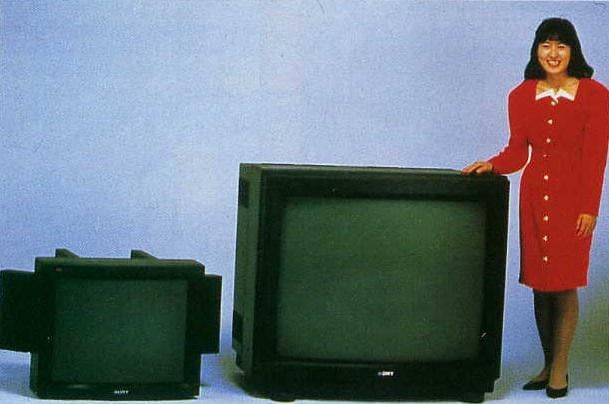A number of restaurants in Germany have come up with a somewhat controversial way of fighting food waste – charging patrons a small fee if they cannot finish all the food on their plates.
Yuoki, a sushi restaurant in Stuttgart, Germany, is not your everyday all-you-can-eat buffet. For starters, there isn’t an actual buffet to fill your plate at. Instead, patrons are seated at a table and provided with iPads which they can use to order up to five small dishes every ten minutes. They can eat as much as they want for 120 minutes, but having the food delivered at short intervals allows diners to constantly assess how hungry they are and order accordingly, preventing food waste. Also, owner Luan Guoyu believes our “eyes are bigger than our stomachs”, so not being able to see the cooked food at the buffet prevents people from ordering more food that they can actually eat just because they like the way it looks.
But Luan Guoyu’s most effective way of fighting food waste, and the one that has attracted media attention, is his €1 ($1.15) fine for food still left on the plate. “It’s called ‘all-you-can-eat,’ not ‘all-you-can-chuck-away,’ he says, adding that the extra charge is not meant to increase his profits, but to act as a reminder not to waste food. In the two years since Yuoki implemented this “eat up or pay up” policy, Guoyu claims he has collected €900 ($1,020) to €1,000 ($1,133) in food waste fees, which he plans to donate to charity.

Photo: Yelp/Angi M.
Guoyu says he has received no complaints from patrons so far, and the few interviewed by local newspaper Stuttgarter Zeitung seemed to agree with his policy. “At home, we try to produce as little waste as possible, so why not do the same at the restaurant,” said James and Jessica Moss, a California couple on vacation in Germany.
Cihan Karaman, a regular at Yuoki, says he has never been fined the €1, because he always orders only as much as he can eat. There are times when he wants to try new things and doesn’t like the way they taste, but claims that Luan is lenient in such situations.

Photo: Yuoki.de
Luan Guoyu’s system is unique in the state of Baden-Württemberg, but not in Germany. Okinii, a Japanese-style restaurant in Düsseldorf, has been charging patrons the same €1 tax for unfinished food on their plates since 2013, and also claims it has not received major complaints. And at the Chinese-Mongolian restaurant Himalaya in North Rhine-Westphalia, people are charged an extra €2 for food waste, but only if they have more than 100 grams (3.5 ounces) of food left on their plates.
With so many people living on the edge of starvation, and food waste becoming a serious problem in developed countries, it will be interesting to see if more eateries will start implementing the “eat up or pay up” policy. Even if they donate the proceeds from this fine to charity, it would still help them top save money on waste disposal fees, so it’s a win for everyone. Well, except greedy patrons, obviously.

Photo: Gingembre Rouge
Interestingly, while Germany probably has the largest number of restaurants charging customers for not finishing the food they order, the concept is believed to have originated in Saudi Arabia, in 2011. Fahad Al Anezi, the owner of Marmar restaurant in the city of Dammam said he was inspired by news of a famine in Somalia, where people were literally starving to death.
via Condé Nast




